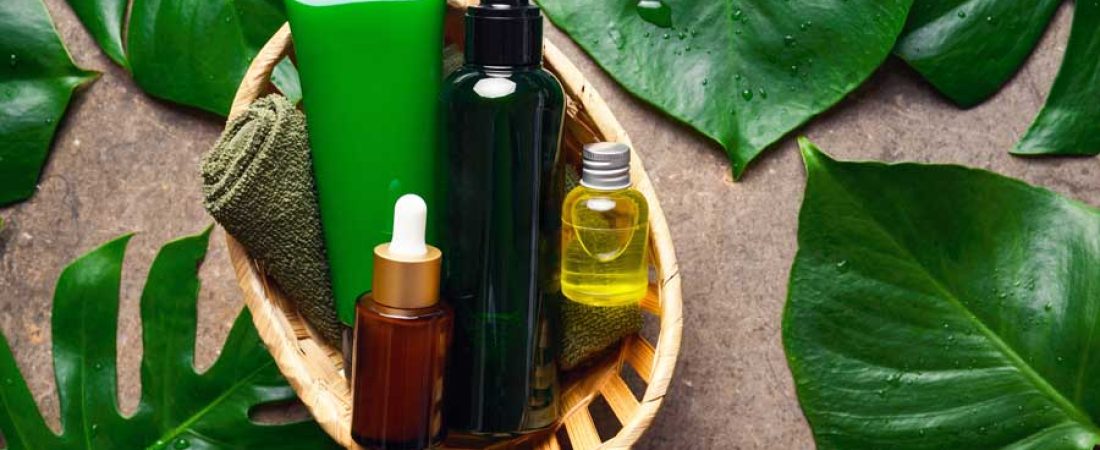The Benefits of Massaging Skin
There’s nothing more relaxing than a facial massage. But did you know that there are more benefits to performing even minimal face massage than simply feeling good?
Here are some of the benefits of massaging your skin.
Stress Buster
Stress puts a strain on your entire body from your immune system to your skin. A lot of times, stress shows up on the skin, resulting in fine lines, wrinkles and those annoying “eleven” lines between the eyebrows.
A simple facial massage performed each morning and night while cleaning your skin can make a world of difference. This eases tension in the face muscles and tissues, relaxing you and reducing the amount of the body’s natural stress response hormone, cortisol. Massage signals the brain to release endorphins, which work to calm cortisol levels.
You’ll notice a difference in the appearance of dark spots, circles under the eyes, enlarged pores and fine lines.
Boosts Skin Regeneration
When cortisol levels are reduced and you’re relaxed, the body can go to work to regenerate the skin.
With an increased ability to regenerate skin at night while at rest, the better your skin bounces back from scarring, dullness, sagging and wrinkles.
Circulation Booster
Massage stimulates blood vessels and helps expel fluid retained in the lymphatic system.
When blood flow and circulation improves, veins and capillaries under the skin receive more blood, ramping up their ability to remove toxins.
These toxins are flushed out and eventually make their way to the kidneys, where they are eliminated.
Drinking more water along with your massage makes this flushing process even more effective.
Helps Lymphatic Drainage
Massage helps reduce toxin buildup in the skin. As the toxins flush away, you’ll notice an improvement in your skin tone and texture.
Effective lymphatic drainage achieved through massage also helps reduce puffiness, dark circles under the eyes and brightens your overall complexion.
An added bonus is that massage stimulates the production of collagen, which is the key protein responsible for skin elasticity and firmness.
Wrap Up
Overall, massage has been shown to reduce tension, combat anxiety, and improve both sleep and focus. We all know that when you feel better, it shows up on your skin and in your life.
For your skin, it can transform from dull and dry to noticeably healthier and glowing.
To get started, schedule a rejuvenating facial massage appointment with the skincare experts at Laura Skincare in Petaluma.


